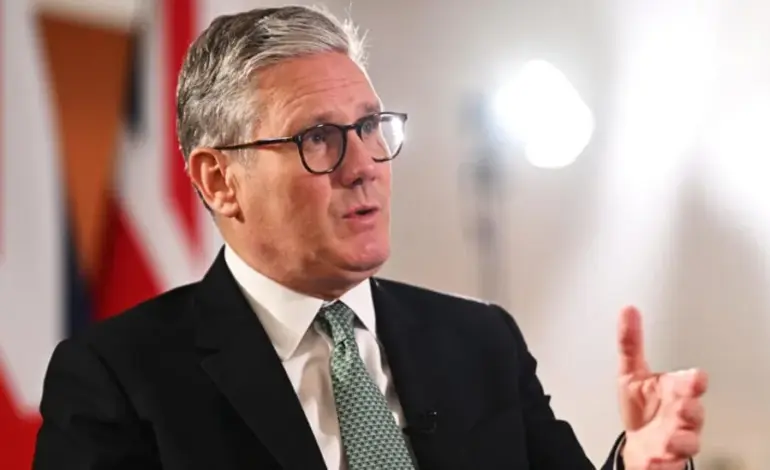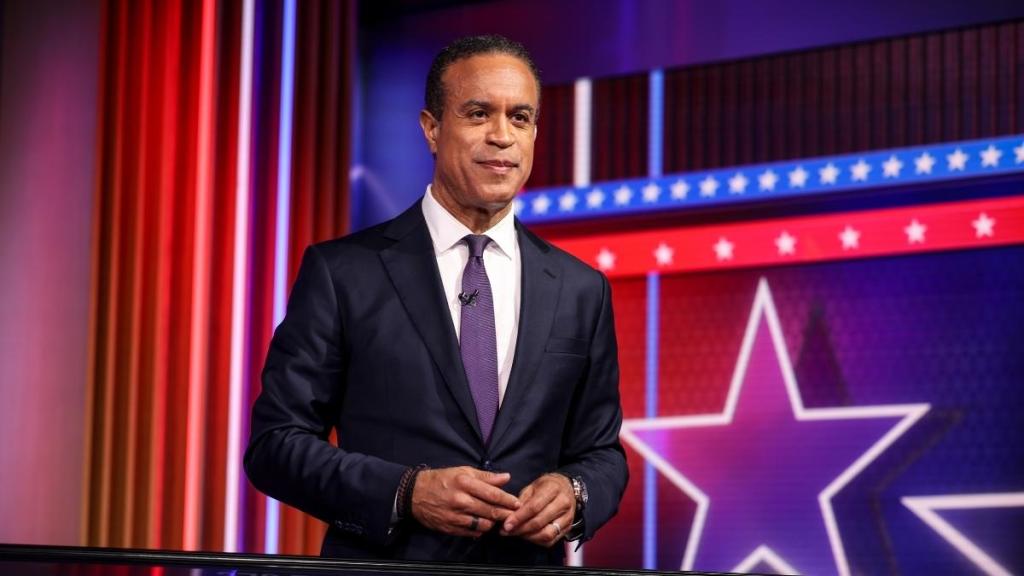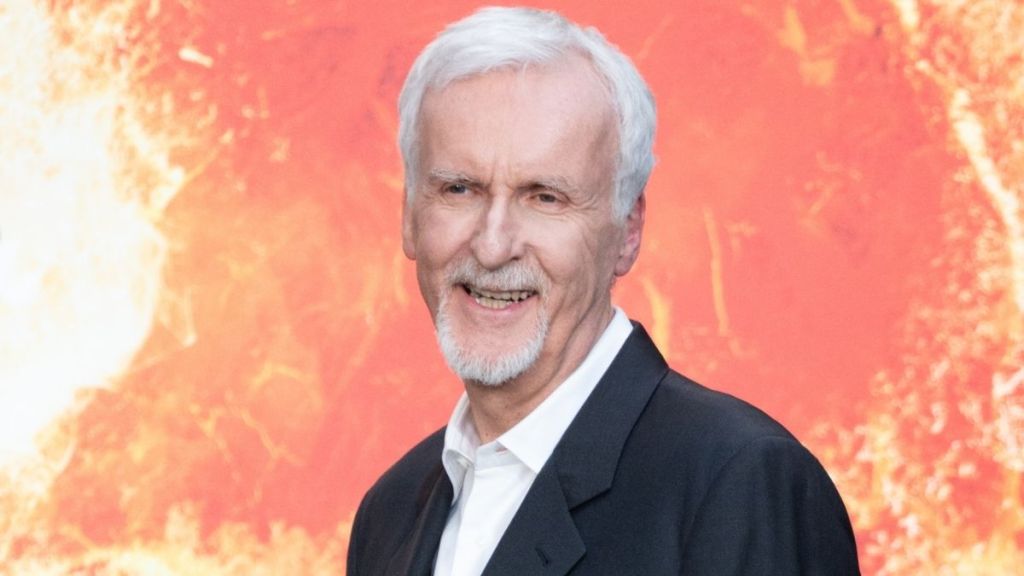Western Nations Formally Recognize Palestine Ahead of UN Meeting

Several Western nations, including the United Kingdom, Canada, and Australia, have formally recognized Palestine as an independent state, diverging from the United States’ stance ahead of a significant United Nations meeting this week. This decision, announced on September 21, 2025, reflects a collective effort to revitalize the prospect of peace in the region.
The joint statement from the three nations emphasizes their commitment to a two-state solution that ensures the security of Israel alongside a viable Palestinian state. British Prime Minister Keir Starmer articulated this vision, stating, “We are acting to keep alive the possibility of peace and a two-state solution, which means a safe and secure Israel alongside a viable Palestinian state. At the moment, we have neither.”
Starmer condemned Hamas as a “brutal terror organization” and denounced the recent attacks, pledging to expand sanctions while advocating for the release of Israeli hostages. Australian Foreign Minister Penny Wong echoed this sentiment, reaffirming that the two-state solution is the only path to enduring peace and security for both the Israeli and Palestinian peoples. She stressed the necessity for the Palestinian Authority to meet international conditions, emphasizing that Hamas must have no role in a future Palestine.
Additionally, Canadian Prime Minister Mark Carney stated that the recognition empowers those seeking peaceful coexistence, asserting that it does not legitimize terrorism in any form. Portugal also joined the recognition efforts, calling the two-state solution “the only path to a just and lasting peace,” according to reports from Reuters.
French President Emmanuel Macron reiterated France’s commitment to recognizing a Palestinian state, highlighting the significance of the New York Declaration adopted by 142 nations. In a statement delivered in Arabic, Macron remarked that this declaration marks a pivotal moment in pursuing lasting peace and security in the Middle East.
Upcoming UN Assembly and Reactions
The United Nations is set to convene its annual General Assembly in New York this week, with discussions focusing on the potential for a two-state solution for Israel and Palestine. Both Saudi Arabia and France are expected to host a summit where additional nations may extend their recognition of Palestinian statehood, according to The Times of Israel.
In contrast, Israeli officials have rejected this recognition. Israeli Prime Minister Benjamin Netanyahu stated, “A Palestinian state will not be established west of the Jordan,” asserting that any attempts to impose a “terrorist state” would be met with strong opposition. Israeli President Isaac Herzog criticized the recognition, arguing it would not improve conditions for Palestinians or advance negotiations, but rather empower extremists and hinder peace prospects.
A spokesperson for the U.S. State Department dismissed the recognition as “performative,” reiterating that Washington’s priorities remain focused on the release of hostages, the security of Israel, and fostering peace and prosperity throughout the region, which they claim is only achievable without Hamas.
As the UN meeting approaches, the actions taken by these nations underscore a significant moment in international diplomacy, reflecting a growing consensus on the necessity of a two-state solution amidst ongoing conflict in the region.






